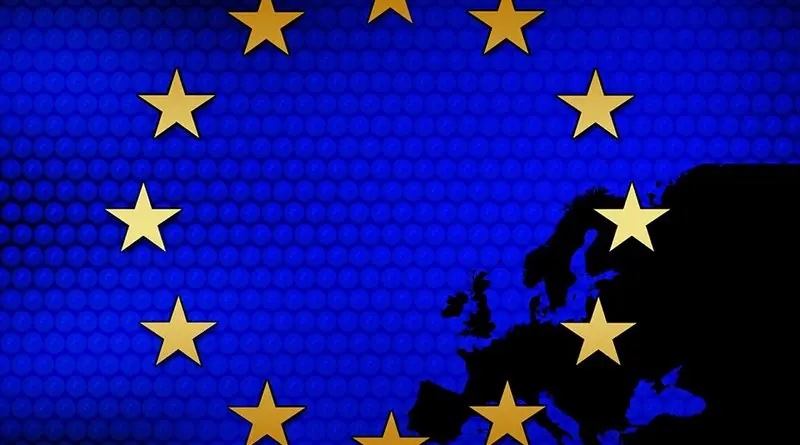EU Summit Ends With No Deal On Top Jobs, Some Progress On Climate
By EurActiv
By Alicia Prager, Florence Schulz and Zoran Radosavljevic
(EurActiv) — EU leaders wrapped up a two-day summit on a low note on Friday (21 June), having failed to agree on the distribution of the EU’s top jobs for the next five years and watering down a landmark climate agreement for 2050.
A new summit was set for 30 June to deal only with the top jobs.
The differences abounded. France and Germany remain at odds on even the basic principle – whether the new Commission president should be chosen from the designated lead candidates of the political groups, the Spitzenkandidaten, or not.
French President Emmanuel Macron is in favour of ditching the lead candidates. “The Commission president needs to be chosen according to their qualification. Too often have we made compromises in the past, electing people who didn’t necessarily contribute the best to our project,” he said.
The EPP, which won the most seats, is defending its right to nominate the next Commission president.
But the three other main political groups, the Socialists, Macron’s liberals [Renew Europe] and the Greens, have made clear they would not support the EPP’s Manfred Weber.
Consequently, the two other viable lead candidates, the Socialists’ Frans Timmermans, and the liberals’ Margrethe Vestager, were also ruled out, at least for now.
In comments that may have been aimed at appeasing Macron, Merkel added a new twist by saying “we are now halfway. If we also add transnational lists, we would get a transparent process. But we are not yet at the point which I would like to see.”
Transnational lists, however, seem far from taking any firm root in the member states.
Macron has made clear the new Commission boss should be nominated by the member states and approved by Parliament.
“The Parliament’s preferences have to be taken into account, he said at his final press conference, “but choosing the Commission president is our [the Council’s] competence”.
Meanwhile, the four Visegrád states said its time to “put new faces on the table.”
Merkel says ‘nein’
Among the many names circulating as potential candidates for the EU’s top jobs, one stood out: Angela Merkel. But even there, there was discord.
Macron added fuel to the discussion with a remark on Thursday night that he would support her. But that, amplified by numerous questions from journalists, seems to have upset Merkel.
At Friday’s press conference she said she had repeatedly answered that she was not available for any EU job. “I am a little bit sad that my words are not listened to,” she said
The EU-28 will be under pressure to come up with a solution during at a special summit next Sunday (30 June) and have the names ready for the inaugural session of the European Parliament in Strasbourg on 2 July.
“It’s quicker to elect a Pope,” Irish Taoiseach Leo Varadkar quipped on Thursday as EU leaders headed towards a long night of discussions that ended with no result.
“I am glad to see that I am not easy to replace,” joked current European Commission President Jean-Claude Juncker, who said it won’t be easy to get an agreement on 30 June “but it has to be done.”
Several EU leaders will be flying back to the Council from Osaka where they will attend the G20 summit. They are also expected to discuss the nomination process on the sidelines of the meeting, an EU diplomat said.
They will have to reach a compromise that also covers the nominees for the top jobs in the European Council, the European Central Bank, the European Parliament, and the EU’s foreign policy post.
“I am not fighting for a particular nationality but to have respect for the criteria of competences and quality,” said Macron.
On climate, leaders did not manage to broker an agreement that would have seen member states slash greenhouse gas emissions significantly by 2050, after Estonia and three of the Visegrád Four, Poland, the Czech Republic and Hungary, refused to accept an explicit date.
The next opportunity to return to the issue will be at a summit in October, which means the EU – which wants to be a global leader in climate efforts – will go to a crucial UN summit in September, as well as next week’s G20, without the sought-after deadline.
On a slightly brighter note, Merkel said she was “especially happy about the agreement on the eurozone budget”. The work between Germany and France on this issue “has not been easy but has been good cooperation.”
Other leaders, however, like Macron and Spain’s Pedro Sanchez showed resignation at a lack of ambition and consensus to make more progress on the eurozone budget.
[Additional reporting by Aline Robert and Frédéric Simon]

